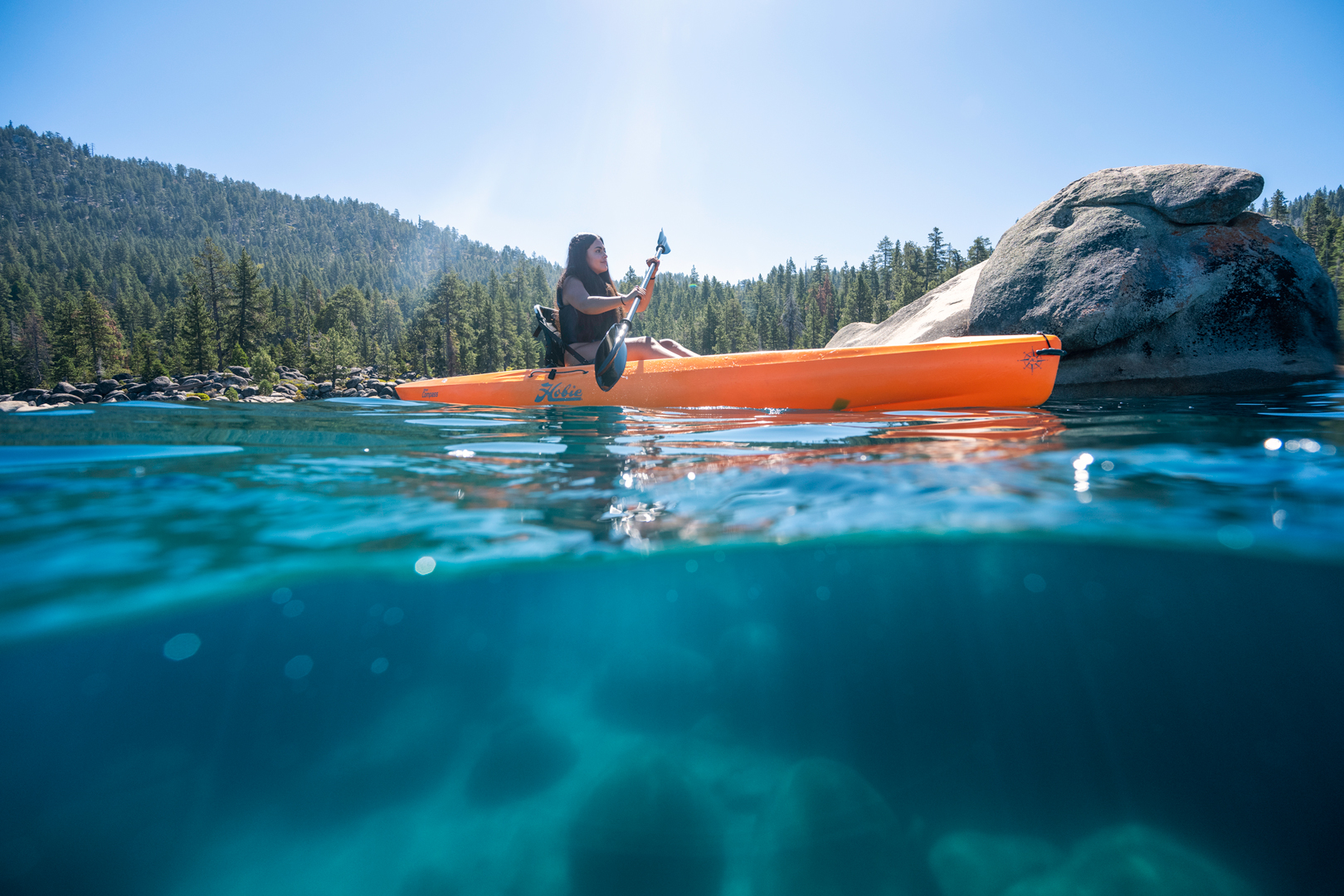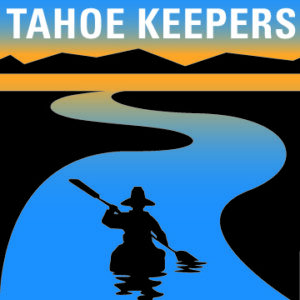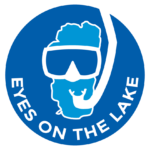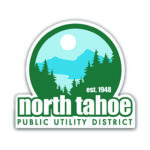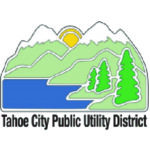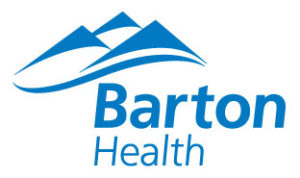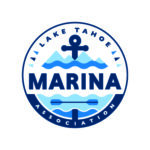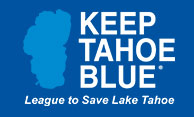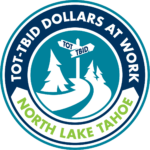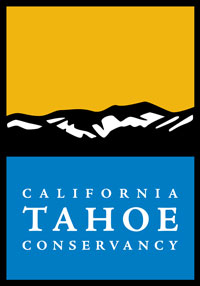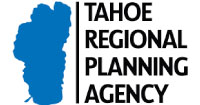The sun is shining, not a wisp of wind as you start your paddle on Lake Tahoe. Suddenly in the distance, you see a dark blue line form on the western side of the lake. The mysterious yet invisible wall quickly approaches slamming you with a Lake Tahoe wind you’ve never felt in your life. Unrelenting and strong. The gusts do their best to knock you over. Luckily, you’re near the shore and quickly paddle in. If you do plan on paddling out onto the Lake Tahoe Water Trail in the summer, be VERY aware of the daily Lake Tahoe wind known as the Washoe Zephyr.
Where The Name Comes From and Why It Forms
Zephyr is derived from the Greek god of the western wind Zephyros. As such, ANY warm and prevailing westerly breeze in the Northern Hemisphere is known as a Zephyr. There’s nothing “gentle” about the Washoe Zephyr though. As Mark Twain stated:
“For it was two o’clock, now, and according to custom the daily “Washoe Zephyr” set in… It is a pretty regular wind, in the summer-time. Its office-hours are from two in the afternoon… and anybody venturing abroad… needs to allow for the wind or he will bring up a mile or two to leeward of the point he is aiming at.”
To the east of Tahoe is the desert known as the Great Basin. A vast brown landscape filled with sagebrush and peaks that heat up exponentially often into the triple digits. This then causes the hot air to rise. The “cooler” air in the Sierra Nevada begins its march to replace the hot air in the Great Basin causing a very regular fierce wind to form from the West.
How To Deal With Strong Winds
So, what should a person who wants to paddle Lake Tahoe do? The easiest way to reduce the risk is to check the wind and weather forecast to plan your paddle adventure. Based on the forecast and your skill level, choose a trailhead that will have less wind based on the time of day you’re planning to paddleboard or kayak. For instance, west shore trailheads like Meeks Bay are more protected from prevailing westerly winds. Even then, they usually have downbursts in the afternoon as winds increase in strength. While trailheads on the eastern side such as Zephyr Cove are typically windier in the afternoons. Hence the name!
Another way to reduce the risk is to go early or at dusk. Similar to the trade winds you find in tropical locations, the Washoe Zephyr starts pretty regularly in the afternoon and dies down towards the evening hours.
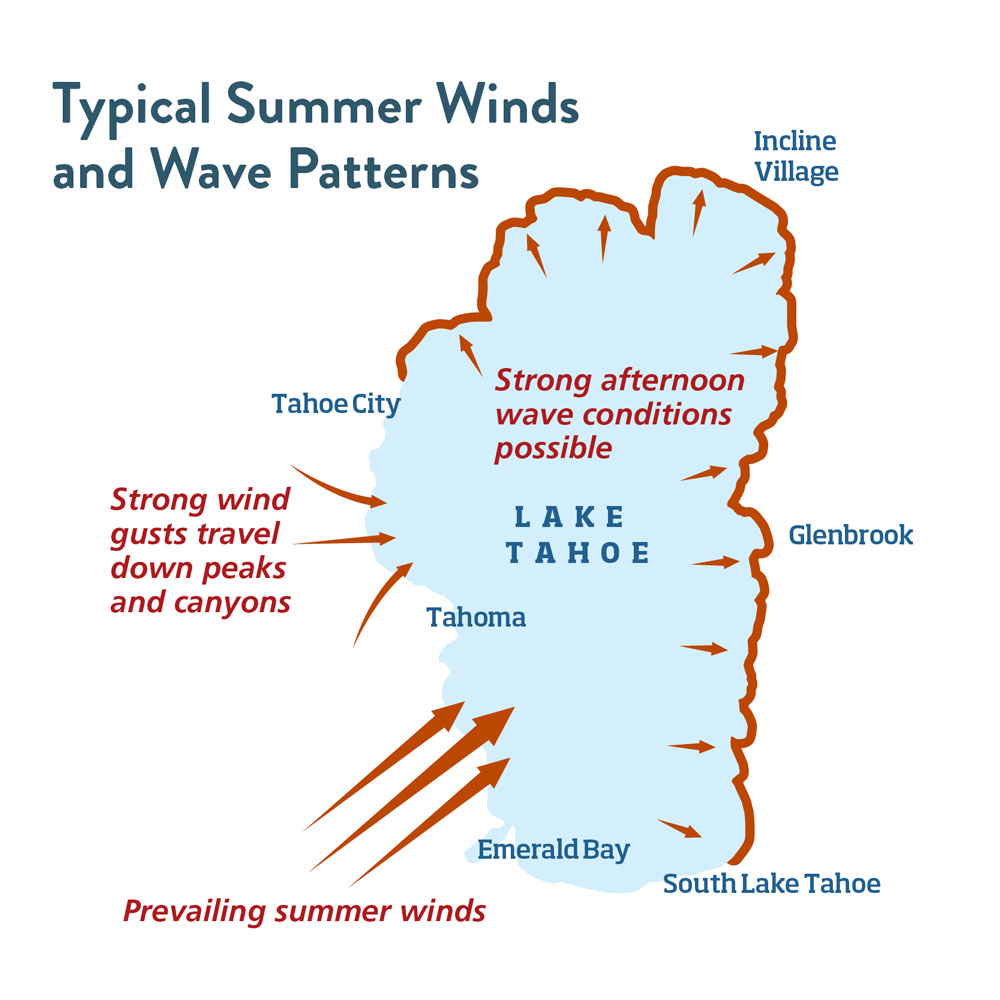
Plan Ahead
Remember, there’s no guarantee on how Mother Nature will behave. As they always say, it’s better to plan for the worst and hope for the best. Our website provides a plethora of tools and resources to ensure you plan a successful paddling adventure. Grab a waterproof Map & Access Guide or download a day trip trail map so you know where you’re going. Check real-time weather conditions and wind forecasts. You can even file a float plan so that friends and family know where you’re launching from and when you expect to be back at a specific trailhead.
Become a Tahoe Keeper
Before you launch – you must be a Tahoe Keeper and clean, drain and dry all of your gear to prevent the spread of aquatic invasive species. Watch this video on How to Protect Lake Tahoe and Your Paddle Gear and follow the steps. Better yet – Rent a paddle board or kayak or take a guided eco-paddle tour from a Tahoe paddle shop.
Regardless of the regularity of the Lake Tahoe wind, we ALWAYS recommend that you know your skill level and how to self-rescue. And we can’t stress this enough – be sure to ALWAYS wear a life jacket. The goal is to have fun AND come home safe and sound. Happy paddling!
The Lake Tahoe Water Trail is a Sierra Business Council sustainable recreation tourism project. Learn more about SBC's innovative social, environmental and economic development projects in the Sierra Nevada at www.sierrabusiness.org.


